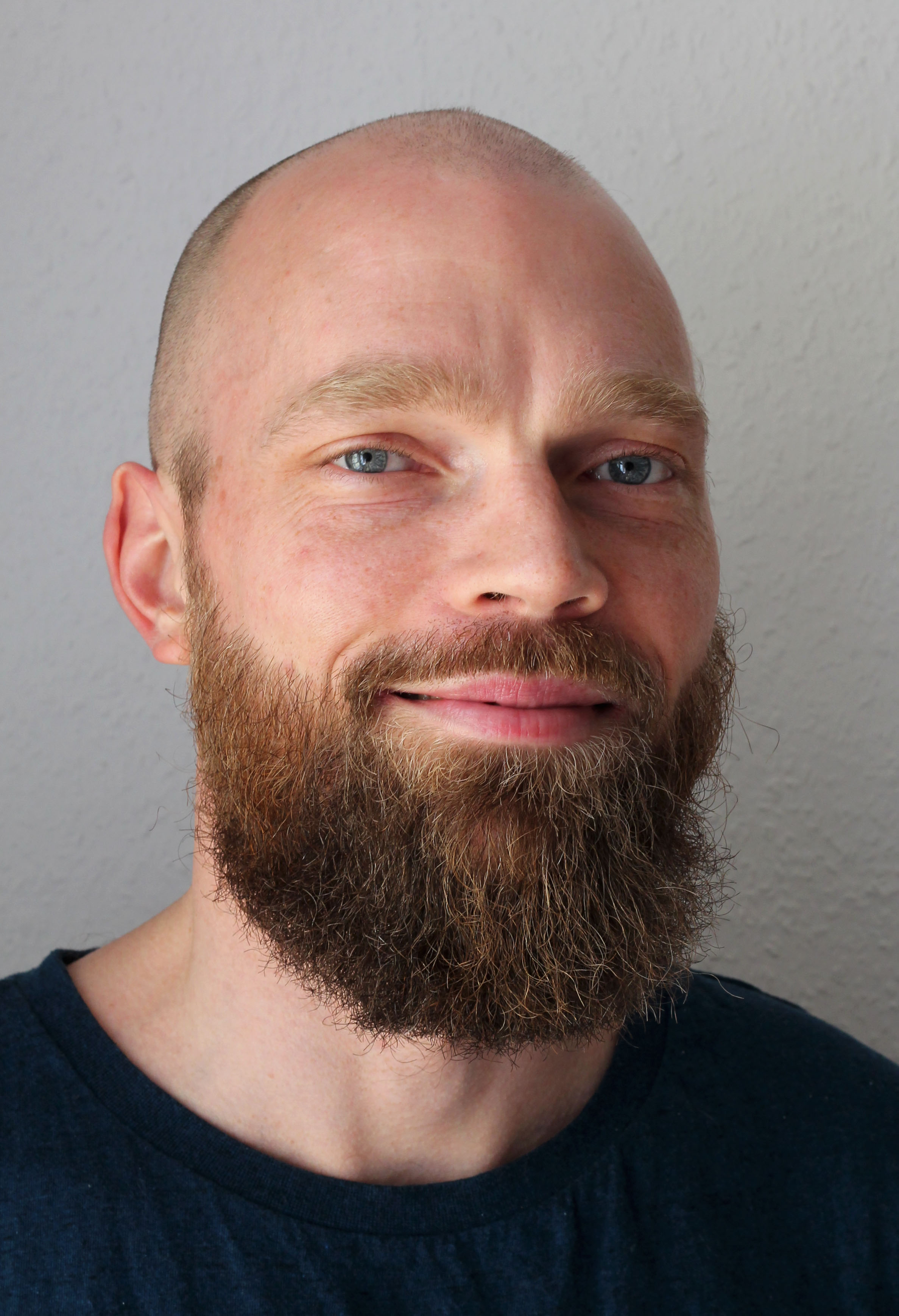Talented researcher receives DKK 11 million for research that may lead to better treatment of cancer
The Novo Nordisk Foundation has awarded the prestigious Hallas-Møller Investigator Grant valued at DKK 11 million to Ulf Andersson Ørom to study the role of miRNA biogenesis in cancer. The project will be carried out at the Department of Molecular Biology and Genetics, Aarhus University.

With the Hallas-Møller Investigator Grant, Group Leader Ulf Ørom moves his research group from Max Planck Institute of Molecular Genetics in Berlin to Aarhus University on 1 December 2017. The group will interact with the strong RNA research environment at the Department of Molecular Biology and Genetics and work on understanding how cells synthesise and regulate small, noncoding RNA molecules called miRNA.
Specifically, Ulf Ørom wishes to apply his expertise in miRNA to understand the molecular mechanisms that cause deregulated miRNA in cancer cells and to apply this knowledge to develop new methods to restore the balance in the processes of cancer cells. In the long term, such knowledge may form the basis for new experimental and therapeutic tools for cancer treatment.
- Ulf Ørom says about his project: "The goal is to understand how miRNA processing is regulated and why this regulation is often lost in cancer. With a knowledge of both proteins and RNA involved in the process, we will target tailor-made molecules against groups of miRNA to restore regulation and establish a normalised gene expression in cancer cells. "
Ulf Ørom and his research group aim at revealing the basic mechanisms in miRNA biogenesis and use this knowledge to target specific miRNAs and reestablish normal gene expression in cancer cells. miRNAs are small non-coding RNAs that play an important role for gene expression and protein synthesis. miRNAs are often misregulated in cancer and other diseases.
- "Our knowledge on miRNAs is very thorough and a number of clinical trials targeting miRNAs have shown promising results," says Ulf Ørom. "The complexity of miRNA biogenesis makes specificity of targeting challenging and several side-effects are observed. With the Hallas Møller Investigator grant from the Novo Nordisk Foundation the aim is to explore the potential for targeting early steps in miRNA biogenesis to obtain a superior and more general approach to reestablish normal gene expression and protein synthesis in cancer cells."
- "After nine years abroad and extensive international research experience I am looking forward to returning to Denmark with my wife and two kids and to becoming part of the internationally renowned RNA research environment at the Department of Molecular Biology and Genetics, Aarhus University," Ulf Ørom concludes.
During the past five and a half years, Ulf Andersson Ørom has been a group leader at the Max Planck Institute for Molecular Genetics in Berlin, Germany. Read more about Ulf’s research in Berlin.
After obtaining his PhD in molecular biology from BRIC, University of Copenhagen in 2008 he continued to do postdoctoral work at the CRG in Barcelona, Spain and at the Wistar Institute and Thomas Jefferson University in Philadelphia, PA, USA before starting his own research group in 2012.
Ulf has previously received several large grants, including The Sofja Kovalevskaja Award of the Alexander von Humboldt Foundation (1,560,000 EUR).
About the Hallas-Møller Investigator Grant
Purpose
With this fellowship, the Novo Nordisk Foundation wishes to strengthen the development of young research leaders within bioscience and basic biomedical research primarily focusing on health and disease but also natural science of general importance for the understanding of the human organism.
The recipient of the fellowship will perform research at a Danish research institution where the fellowship enables the researcher to establish or expand their own research group in Denmark.
Funding
Up to two fellowships, each of up to DKK 11 million over 5 years can be awarded.
For further information, please contact
Ulf Andersson Ørom
Max Planck Institute for Molecular Genetics
Berlin, Germany
+49 176 2028 8692 - oerom@molgen.mpg.de
